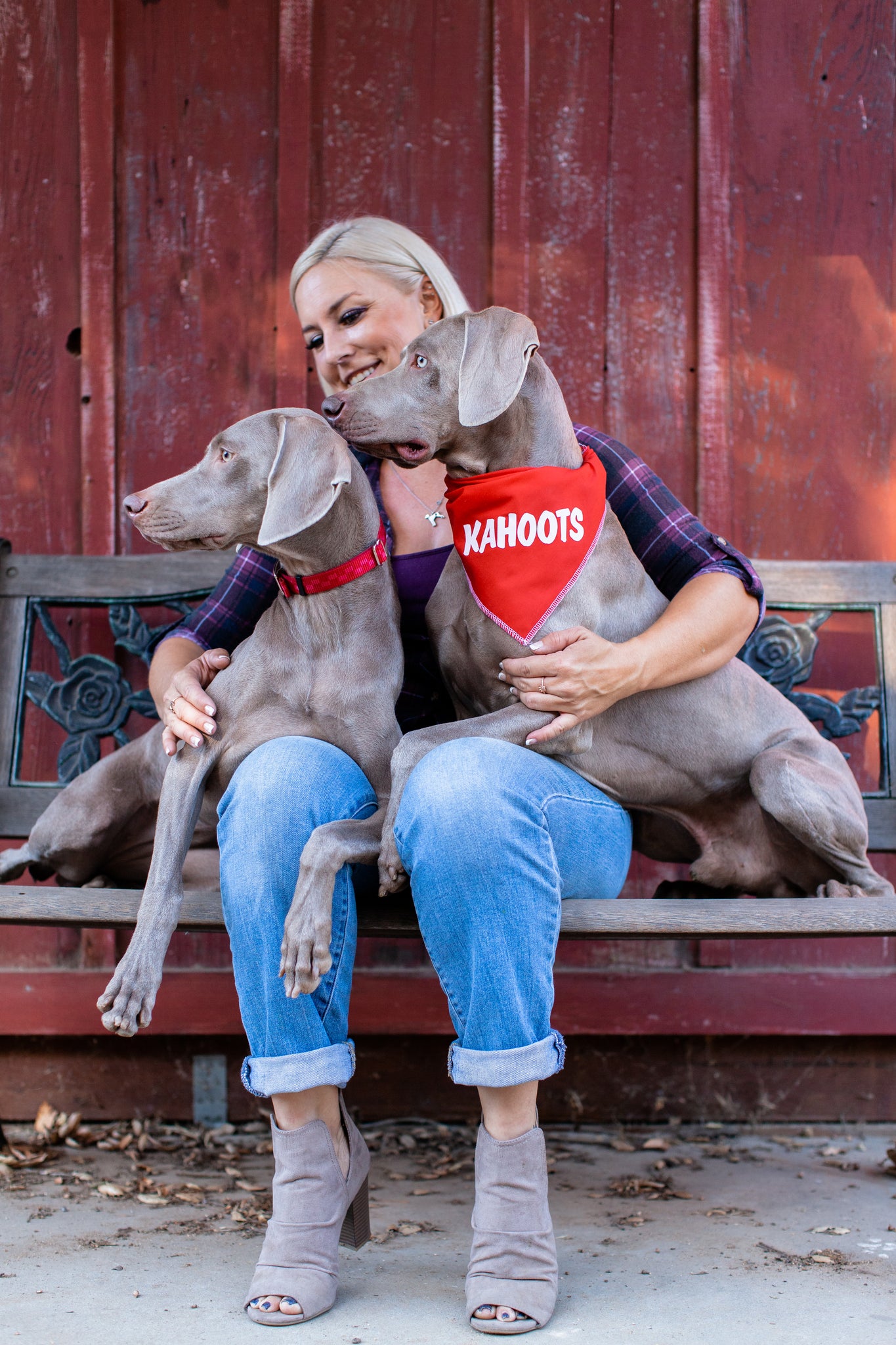You may have heard of “low-carb” diets designed to help people shed unwanted weight or people avoiding grains altogether to avoid the negative side effects that can accompany food sensitivities and allergies. What about our dogs?
Quality Ingredients > Grain Free
Before we get into whether or not grains should be included in your dog’s diet, let’s review some of the important ingredients needed for optimal health. If you’re feeding your pet store-bought dog food (as opposed to making homemade meals), here are some things you should look for:
High-quality animal protein: This should be at the top of the ingredient list. Since ingredients are listed on dog food (and human food) labels by weight, animal protein should always be the first item listed. Animal proteins are generally digested more efficiently by dogs than plant proteins are (A.K.A. animal proteins are more ‘bioavailable’ than plant proteins are).
Whole vegetables, fruits, and grains: We’ll discuss grains later, but if your pet does well with grains, ensure they are whole grains. The same thing goes for fruits and vegetables, which should be minimally processed.
Artificial colors, preservatives, and flavors: Ingredients such as BHA and BHT should not be included in your pet’s food. Instead, look for more natural preservatives, such as Vitamin C or rosemary extract. Keep in mind that a food’s shelf life decreases with natural preservatives over artificial ones.
Unspecified fat source: Like the animal protein, make sure the fat source is specified and not named generically. For instance, you want to see something like "chicken fat” as opposed to “animal fat” in the list of ingredients.
Kahooligan Tip: Pay attention to your dog’s behavior to identify any potential side effects they may be having to the food they eat. If you spot any, it may be time to have them tested for sensitivities/allergies to different food ingredients. Feel free to rotate through different recipes, as food rotation can actually help prevent food intolerances from forming.

The Importance of a Healthy Diet
As a responsible dog owner, you obviously want the best for your dog. In addition to providing them with shelter, comfort, access to medical care, and plenty of love and affection, you also want to make sure that they're well fed. Much like you should take care in what you feed yourself and your family, you should also care about what your dog gobbles down.
In fact, feeding your dog higher quality foods can promote better health and a longer lifespan. Not only will you be able to avoid having to take your pooch to the vet as often, you’ll also be able to spend many more years with your pet.
Sure, the cost of higher-quality food might be higher than lower-quality products, but many times you can save money by taking fewer trips to the vet if your dog is healthy.
Better nutrition can mean the following:
-
Fewer skin conditions
-
Fewer stomach issues
-
Shinier coat
-
Fewer ear infections
-
Better gums and teeth
-
Better muscle tone
-
More energy
-
Stronger bones
-
Stronger immune system
-
Overall feeling of wellness
-
Better organ health
The last point is worth mentioning again. In particular, liver health is very important for your dog. The liver serves an important function by breaking down toxins in the body. And the more toxins are in your dog’s system, the more overloaded the organ – and their body – will be.
If your dog’s liver needs to work overtime, it can eventually lead to liver damage. Your dog’s body needs to work hard to remove toxins, but if they are not properly nourished as a result of poor quality food that’s loaded with fillers or by-products, your beloved pet won’t feel as good as they should and their liver work harder than it should in order to eliminate toxins from her body.
Grain, Grain, Go Away?
Many dog foods advertise grain-free on their labels... but are there any health benefits to leaving grains aside?
The truth is, the majority of dogs don’t really need to avoid grains for optimal health. That said, grain- and gluten-free diets have become pretty popular among pet owners these days.
Keeping your dog off grains is more beneficial if they've displayed a sensitivity to grains and gluten. In this case, feeding them grain-free food would obviously make more sense. But despite the fact that dogs can suffer from food allergies and sensitivities, they’re not usually related to grains. Instead, dogs are actually more susceptible to having an allergy to chicken and other animal proteins rather than grains. Things such as wheat and corn are not typically the most common types of food allergens for dogs.
In fact, grains may actually be among the least likely sources of food sensitivities and allergies. One study found that the majority of dogs assessed suffered an allergy to beef, while the fewest suffered an allergy to grains.
That said, dogs who have shown a sensitivity or allergy to grains should follow a grain-free diet to help minimize any negative side effects that occur from consuming grains like wheat and corn. If your dog experiences any one of the following symptoms, they may have an allergy that requires a trip to the vet to get properly diagnosed:
-
Hair loss
-
Itchiness
-
Irritability
-
Inflammation of the skin
-
Sores
-
Hot patches
While they're plenty of dog food products available, it’s important to feed your dog the exact type necessary for their particular breed, age, and size. You may have noticed how long the pet food aisle is and the variety of products that exist; large breeds, small breeds, senior dogs, puppies, and so forth. The reason these foods are different is to ensure that each dog’s particular health needs are met based on the exact stage of life they’re in and what their specific breed is. For instance, the type of food you would purchase for a healthy Golden Retriever puppy may differ from what you would feed an overweight senior Maltese. Their needs are completely different.
Look for "Complete" Pet Foods
In order to ensure that your dog is receiving a balanced diet, look for an AAFCO statement on the packaging that stipulates how “complete” or balanced” the food is. This will tell you that the product has the minimum amount of nutrients required for dogs. You may also find this information within the “guaranteed analysis,” which provides the minimum amount of protein and fat, as well as the maximum amounts of fiber.
What you feed your dog will help determine their quality of life and overall level of wellness for years to come. As such, it’s always wise to feed your dog a healthy and complete, balanced diet based off their age and breed. Unless your dog has a sensitivity to grains, it may not be necessary to feed them a grain-free diet. That being said, keeping your pooch off grains all together can supply them with more bioavailable nutrition, resulting in a healthier and happier dog.
Don't know what's best? Start with researching your breed's unique nutrition needs and take your time trialing different foods.

